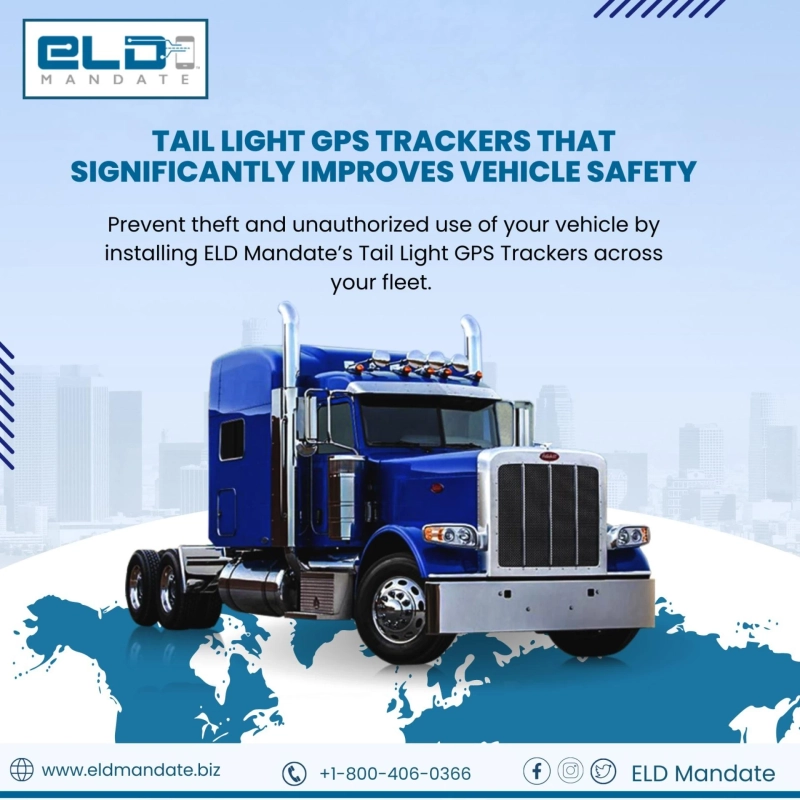The long-haul freight trucking industry in Florida plays a pivotal role in the state's economy, contributing a staggering $10 billion in revenue in 2019. To ensure safe and efficient operations, the trucking industry in Florida is governed by a complex web of state and federal regulations. In this article, we will delve into the key regulations that truckers operating in the Sunshine State must adhere to.
Commercial Driver's License (CDL) Requirements:
To operate a commercial motor vehicle (CMV) in Florida, drivers must obtain a Commercial Driver's License (CDL). Before applying for a CDL, applicants must already hold an Operator's License. The process begins with obtaining a Conditional Learner's Permit (CLP), allowing applicants to practice driving CMVs on public roads under the supervision of a qualified CDL holder. To obtain a CLP, applicants must meet several requirements, including passing vision and knowledge tests, providing proof of identity and residency, submitting driving records for the past decade, and paying the required fee.
After a 14-day waiting period, applicants can proceed to the vehicle driving skills test, which consists of a vehicle inspection, basic controls, and a commercial driving road test. It's important to note that while the minimum age for a CDL application is 18 years, applicants must be at least 21 years old to operate CMVs across state lines.
CDL License Classes:
Florida offers three primary CDL classes:
CDL Class A License:
Allows operation of trucks or truck combinations weighing 26,001 lbs. or more.
Permits towing vehicles or units weighing more than 10,000 lbs.
CDL Class B License:
Allows operation of straight buses or trucks weighing 26,001 lbs. or more.
CDL Class C License:
Permits operation of vehicles transporting placarded quantities of hazardous materials.
Allows operation of vehicles designed to transport 15 or more passengers with a GVWR less than 26,001 lbs.
CDL Endorsements:
Endorsements are special authorizations that allow CDL holders to operate specific types of vehicles. Florida offers the following endorsements for Class A, B, or C CDLs:
H endorsement (Placarded Hazmat)
N endorsement (Tank Vehicles)
P endorsement (Passengers)
S endorsement (School Bus)
T endorsement (Double/Triple Trailers)
X endorsement (Issued to those with H and N endorsements)
Commercial Vehicle Registration:
All vehicles operating in Florida must be registered with the Florida Department of Transportation (DOT). The initial registration process requires the submission of identity proof, proof of Florida Insurance, and a completed HSMV form 82040. Applicants must pay an initial registration fee of $225, in addition to a base vehicle tax determined by vehicle type, class code, and registration use.
CDL Transfers:
Florida recognizes out-of-state and Canadian CDLs but may require hazmat endorsement applicants to reapply, complete relevant tests, and undergo background checks.
Military CDL Waiver:
Military personnel applying for a CDL based on military experience must pass knowledge and endorsement tests and provide a Certification for Waiver of Skill Test for Military Personnel form.
CDL Medical Certification:
Florida CDL holders must certify their medical status in one of four categories: Non-excepted Interstate, Excepted Interstate, Non-excepted Intrastate, or Excepted Intrastate. Compliance with medical certification requirements is crucial for license issuance and renewal.
CDL License Costs:
Fees for CDL issuance, endorsements, knowledge exam re-tests, and skills exam re-tests vary. As of the latest information, fresh CDL issuance or renewal costs $75, endorsements are $7 each, knowledge exam re-tests cost $10, and skills exam re-tests are $20.
Size and Weight Limitations:
Florida imposes size and weight limitations on commercial trucks, including height restrictions, length restrictions for trailers, and maximum permissible weights. These regulations help maintain road safety and protect infrastructure.
Permits for Overweight/Oversize Conditions:
Trucks operating in Florida without an IFTA license plate may require trip or blanket permits from the FDOT. These permits allow for specific travel periods and routes, ensuring compliance with weight limits.
Additional Regulations:
Intrastate trucks in Florida must register with the Department of Transportation and display a valid USDOT number or a valid Florida registration number if they meet specific criteria. Trucks with certain weight thresholds are required to have a Department of Highway Safety and Motor Vehicles fuel decal.
Conclusion:
Navigating Florida's trucking regulations is essential for truckers to ensure compliance with safety standards and avoid penalties. Understanding the CDL requirements, endorsements, registration processes, and size and weight limitations is crucial for a successful trucking operation in the Sunshine State. Stay informed and adhere to these regulations to keep Florida's roads safe and efficient for all.


